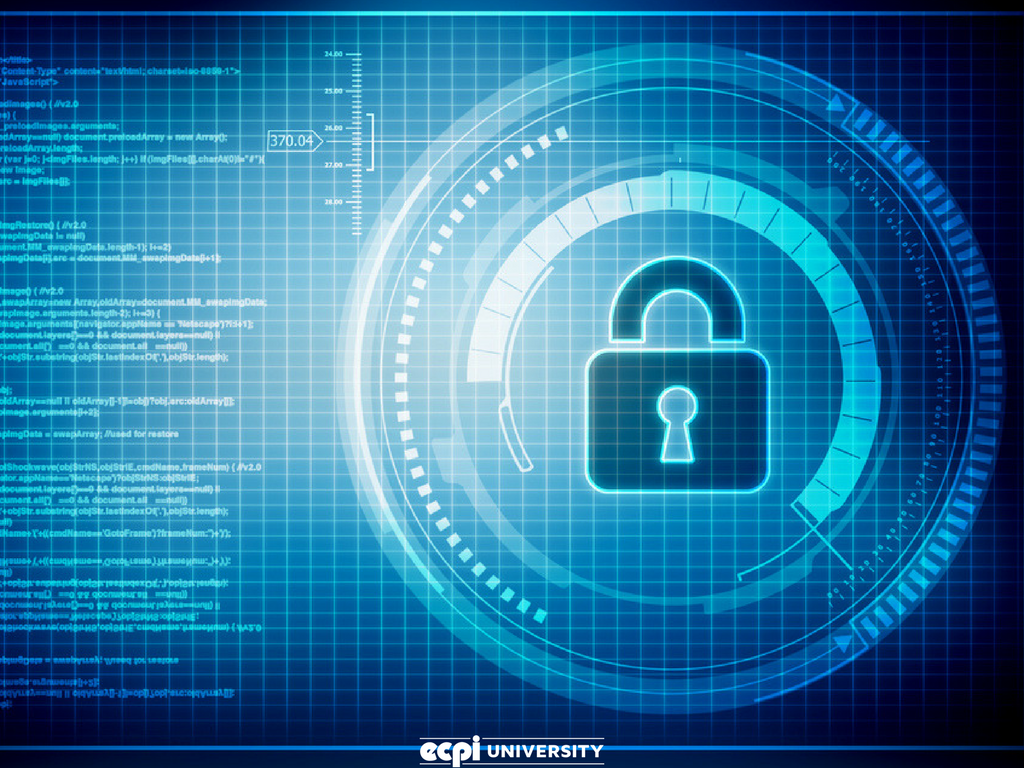Cybersecurity Awareness: How Can Hackers Attack Your Devices?
Over the years, security has taken a new meaning. Gone are the days when a sturdy chain and lock could help keep thieves away. Today, you have to deal with cyber criminals called hackers.
These cyber criminals never sleep, and they have proven there is no end to their ingenuity. In the last few years, criminals have taken computers hostage at hospitals and targeted banks all over the world via the SWIFT bank system which recently led to an ATM heist in Japan. As cars and TVs get plugged into the internet, you can only expect things to worsen.
Cybercrime Trends You Should Know About
Ransomware: This is the practice of holding computer contents hostage until a certain amount of money is paid to release the data which would otherwise be destroyed. Currently, banking Trojans and ransomware have remained the top threats, a trend which won’t change in the future.
Virtual currencies: Bitcoin remains the most prioritized currency by criminals. It is used to pay for goods and services in the digital underground economy on the darknet.
Payment fraud: ATM malware attacks have continued to grow. Criminals have also begun manipulating or compromising payments that involve near field communication cards. These contact-less cards use radio-frequency identification to make secure payments.
Cybercrime-as-a-service: Cybercrime has become a lucrative type of crime that is growing rapidly with low chances of getting stopped or even caught. That’s why there are new members on a daily basis.
Data theft: Data is the most desired commodity by cyber criminals. In most cases, this data is acquired for financial benefits. However, such data is also being used to perpetuate more-lucrative and more-complex fraud and used for extortion.
Fear has changed how people behave while on the internet. A recent survey conducted by the U.S. National Telecommunications and Information Administration indicated that fears about data security have curtailed online activity by over 40%. This is an indication that you should change your collective thinking to defend yourself against hackers.
What Can You Do to Protect Yourself from Cyber Crime?
Everyone has the responsibility to practice cybersecurity hygiene when on the internet and do everything possible to prevent any cyber threats. This means that you should be wary of suspicious web pages, messages, and links among other cyber-morsels that should be treated with caution. Below are some practical steps that can help protect your online accounts and data.
Have strong and Unique Passwords
Ensure that you have different passwords for all your online accounts. Using a single password for all your online accounts leaves your digital data vulnerable to attackers. When a hacker has your password, they have all your passwords. Your passwords should also not be easy to guess. One way that you can follow to create a password is by brainstorming a random sentence, and then take the first letters of that sentence to form an acronym.
Make Use of the Two-Step Verification
Many email providers including Google and Yahoo provide a two-step verification process whenever you are logging into your accounts. Therefore, instead of just keying in your username and password when logging in, you will need to enter a code sent to your mobile phone or email to verify your identity.
Lock your Mobile Devices
Assume that at one point you’ll lose your laptop, smartphone or other mobile devices. Ensure that you use some of the standard security features. For instance, passwords, PINs, and biometric authentication to ensure that you protect your data from thieves. If possible, you can enable remote wiping or tracking features.
Always Update Software on your Devices
Google, Apple, and Microsoft often create patches and bug fixes in their software updates. Therefore, don’t ignore the software update prompts even though they can sometimes be annoying.
Don’t Insert Thumb Drives or Hard Drives you Don’t Trust in your Computer
In case you find a random USB stick, don’t get curious and get tempted to plug it in your PC. Someone could have copied malware onto it in the hope that an unsuspecting person would carelessly insert the device in their computer. If you don’t trust a device, don’t insert it in your computer.
Does the idea of protecting people and organizations from cyber-attacks appeal to you? With the increasing number of cyber criminals, businesses around the world are always in constant fear of losing their data. Earning a Bachelor of Science Degree in Computer and Information Science with a Major in Cyber and Network Security - Cybersecurity Track can be your first step to becoming one of the people who kept keep others safe as they surf the web. For more information about this degree program, connect with a friendly ECPI University admissions advisor today.
It could be the Best Decision You Ever Make!
DISCLAIMER – ECPI University makes no claim, warranty, or guarantee as to actual employability or earning potential to current, past or future students or graduates of any educational program we offer. The ECPI University website is published for informational purposes only. Every effort is made to ensure the accuracy of information contained on the ECPI.edu domain; however, no warranty of accuracy is made. No contractual rights, either expressed or implied, are created by its content.
Gainful Employment Information – Cyber and Network Security - Bachelor’s
For more information about ECPI University or any of our programs click here: http://www.ecpi.edu/ or http://ow.ly/Ca1ya.





